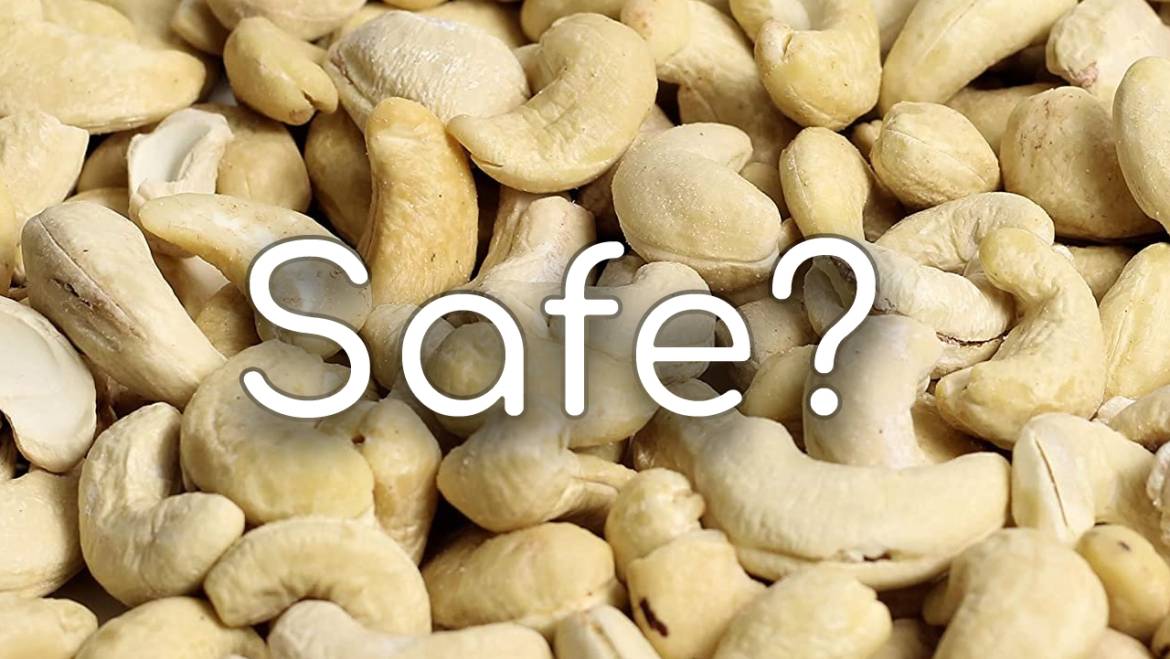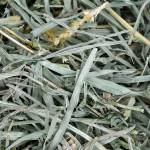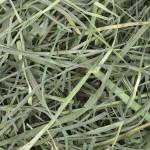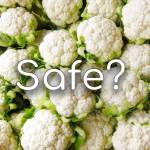Chinchillas are adorable, fluffy little creatures that require specific dietary requirements to stay healthy and happy. As a responsible chinchilla owner, it’s important to ensure that your pet is getting all the nutrients it needs from a balanced diet. While you might be tempted to offer your chinchilla a variety of human foods as treats, it’s crucial to know what’s safe for them to eat and what’s not. One food that might come to mind is cashews, but can chinchillas eat cashews? In this article, we’ll explore this question in-depth and provide you with all the information you need to make informed decisions about your chinchilla’s diet.
Can Chinchillas Eat Cashews?
The short answer is yes, chinchillas can eat cashews, but in moderation. Cashews are not toxic to chinchillas, but they’re also not an ideal food for them. Chinchillas are herbivores and have a delicate digestive system that requires a specific balance of nutrients. While cashews are a good source of protein and healthy fats, they’re also high in carbohydrates, which can cause digestive issues in chinchillas if consumed in excess.
Nutritional Value of Cashews
Cashews are a type of tree nut that is native to Brazil but is now grown in many other countries. They’re a popular snack food because of their buttery, slightly sweet flavor and creamy texture. However, they’re also relatively high in calories and fat, which makes them less suitable for chinchillas. Here’s a breakdown of the nutritional value of cashews:
- Protein: 5 grams per ounce
- Fat: 12 grams per ounce
- Carbohydrates: 9 grams per ounce
- Fiber: 1 gram per ounce
- Calories: 157 per ounce
Why Cashews Should Be Fed in Moderation
Chinchillas require a high fiber, low-fat diet that consists mainly of hay and pellets. While cashews do provide protein and healthy fats, they’re also high in carbohydrates, which can cause digestive issues in chinchillas if consumed in excess. Cashews are also relatively high in calories, which can lead to obesity if fed too frequently. In addition, nuts like cashews have a high phosphorus to calcium ratio, which can contribute to bladder stones in chinchillas if consumed too often.
How to Feed Cashews to Chinchillas
If you do decide to give your chinchilla cashews as a treat, it’s important to do so in moderation. Cashews should never be a staple food in your chinchilla’s diet, and they should only be given occasionally. Here are some tips on how to feed cashews to your chinchilla:
- Limit the Portion Size: Chinchillas have small digestive systems, so even a small amount of cashews can cause digestive upset. Limit the portion size to no more than one or two cashews per day.
- Avoid Flavored or Salted Cashews: Flavored or salted cashews can contain additives that are harmful to chinchillas. Stick to plain, unsalted cashews to ensure that your pet is getting a healthy treat.
- Introduce Few Foods Slowly: If you’re introducing cashews to your chinchilla’s diet for the first time, do so gradually. Start with a small piece and monitor your chinchilla’s reaction. If they show any signs of digestive upset, such as diarrhea or bloating, stop feeding them cashews immediately.
Alternatives to Cashews for Chinchillas
If you’re looking for healthy treats to give your chinchilla, there are plenty of alternatives to cashews that are safer and more nutritious. Here are a few examples:
- Rose Hips: These small, tangy fruits are high in vitamin C, fiber, and antioxidants, making them a great treat for chinchillas.
- Dried Cranberries: Dried cranberries are a tasty and nutritious snack for chinchillas. They’re high in fiber, antioxidants, and vitamin C.
- Dried Apple Slices: Chinchillas love dried apple slices, and they’re a great source of fiber and vitamins.
- Timothy Hay Cubes: Timothy hay cubes are a great alternative to sugary treats. They’re high in fiber and help keep your chinchilla’s teeth healthy.
- Dried Herbs: Dried herbs like chamomile, rose petals, and lavender are safe and healthy treats for chinchillas. They’re also a natural source of antioxidants and have a calming effect on your pet.
Best to Avoid Feeding Apples and Other Fruits
While it’s true that chinchillas can safely eat certain fruits in moderation, it’s important to remember that the safest option is to just never feed chinchillas any fruit, vegetable seeds, and especially nuts. All three categories are generally not good for chinchillas and should just be avoided if possible, going with another, safer treat instead. While chinchillas do require a varied diet, it’s important to provide them with foods that meet their specific nutritional needs. Pellets and hay should make up the majority of their diet, with occasional treats like raisins or rose hips given in small amounts. As with any aspect of your chinchilla’s care, it’s important to consult with your veterinarian if you have any questions or concerns about their diet.
In conclusion, chinchillas can eat cashews, but they should be fed in moderation. Cashews are not an ideal food for chinchillas because they’re high in carbohydrates, calories, and fat. While they do provide protein and healthy fats, there are plenty of other foods that are more suitable for chinchillas. If you do decide to give your chinchilla cashews as a treat, make sure to limit the portion size and avoid flavored or salted cashews. Always introduce new foods slowly and monitor your chinchilla’s reaction. Remember that a healthy, balanced diet is crucial to your chinchilla’s overall health and well-being. Stick to high-fiber foods like hay and pellets, and offer treats in moderation.







